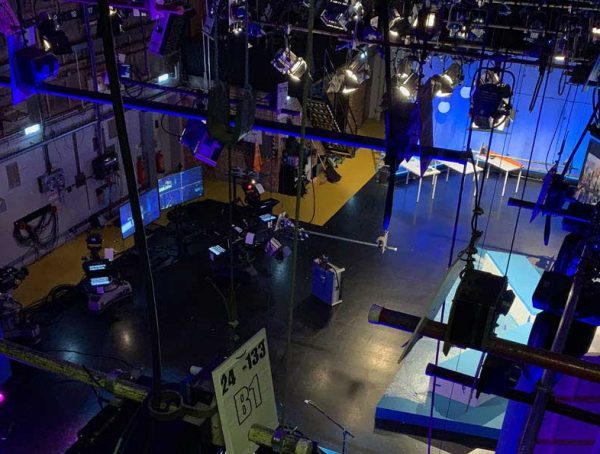IRAs (Independent Regulatory Agencies) are designed to be independent and protected from political pressure in order to maintain credibility and stability. But in reality, influence on policymaking can manifest itself in various ways such as industry lobbying, regulatory capture, and a process called “the revolving door.” The Revolving Door is a process by which regulators enter IRAs and then leave them to work in the regulated industry.
Instead of directly influencing voting patterns, the influence can be exerted through farming bias, policy silences, and discursive capture. For particularly heavily-politicized issues, IRAs may be subjected to political influence coming from the regulators’ position along the partisan lines.
This study examines the relationship between the revolving door, partisanship, and policy discourses. The FCC (Federal Communications Commission) has been chosen to be the subject of this study because of its key role in making U.S. communication policies. Its job is to regulate both interstate and international cable, radio, satellite, TV, and wire communications.
Researchers used a corpus of data from publicly available speeches and statements from the FCC commissioners issued between February 1994 and June 2017. The documents were drawn from an archive on the FCC website and reached 7,530 documents. This material reveals the FCC’s views on policy issues and regulatory philosophies. Another set of documents was used to determine the commissioners’ political affiliations, views, and opinions, and whether or not they passed through the revolving door (worked for the regulated industry before or after their time at the FCC). This set of material was gathered from publicly available news sources, including the FCC’s own website.
The method consisted of analyzing the terms and word-tokens present in the documents. In total, 24 topics were gathered and were examined in terms of frequency, and their prevalence fluctuations were tracked over time.
Results indicate that there is an effect of the party affiliation on the probability of discussing certain topics, confirming a partisan influence on the FCC — even though that influence is not total. Democrats tend to discuss more public interest broadcasting, technology in schools, diversity in the media representation and ownership, health issues related to the Native American communities, etc. Republicans tend to discuss more Title II regulations, media issues pertaining to children, competition in ISP-related markets, open internet, etc.
The research also shows that the revolving door condition does affect the prevalence of certain topics in the FCC commissioners’ public communications and therefore the policy agenda. It means that industry influence operates via the revolving door on agenda-setting processes.
To read more: https://www.tandfonline.com/doi/full/10.1080/08838151.2020.1757367
Pawel Popiel (2020) “Let’s Talk about Regulation: The Influence of the Revolving Door and Partisanship on FCC Regulatory Discourse,” Journal of Broadcasting and Electronic Media, Vol. 64, No. 2, 341-364, DOI: 10.1080/08838151.2020.1757367







